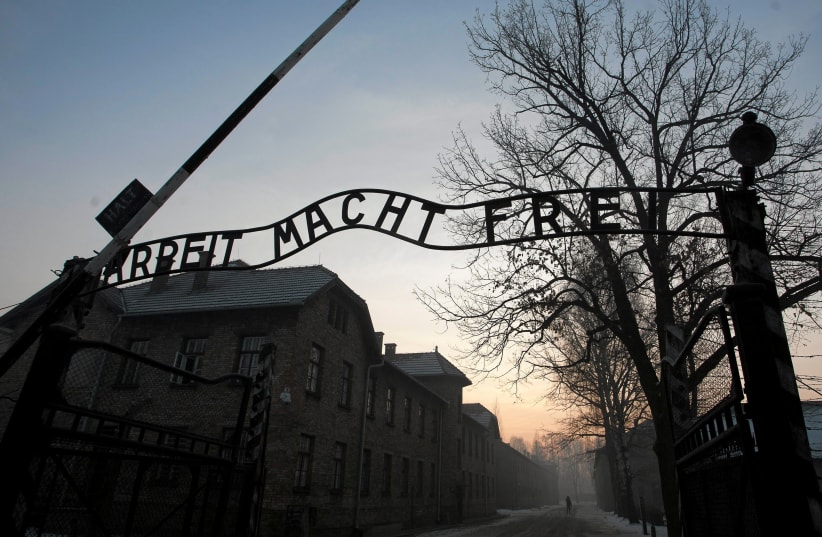To begin with, the authors forgot how this memorial day came about. This date was chosen for a reason: it was on January 27, 1945, when the Soviet troops liberated the Auschwitz death camp. Strangely enough, this fact is not mentioned in the article.
Against this backdrop, the unacceptable parallels between the actions of the USSR and Nazi Germany in World War II look all the more outrageous. The authors groundlessly accuse the Soviet Union of occupying, together with the Nazis of Poland, several European states, including Lithuania.
The USSR was the last country that was compelled to sign a nonaggression pact with Germany in August 1939, having exhausted all opportunities to establish an anti-Nazi coalition in Europe and the Munich collusion between Hitler and the leaders of France and Britain.
Soviet troops entered Poland, or, to be more exact, the western parts of Ukraine and Belorussia, which belonged to it at that time, after the German aggression launched on September 1, 1939, and after the Polish Government had lost control over the country and was somewhere near the border with Romania.
As for the Soviet policy in the Baltics, we would like to recall that there was a real threat that the German troops could use this region as a bridgehead for attacking the USSR. Under the circumstances, Moscow had to bring more troops to the Baltic states, but this was done in line with the 1939 bilateral documents on mutual aid and with the approval of their leaders. It did not mean the transfer of their sovereignty to the USSR. The subsequent entry of the Baltic states into the USSR was not unilateral and took place by consent as well.
The absence of any mention of the alliance between militarist Japan and Nazi Germany in WWII is conspicuous. The authors do not mention that the Japanese diplomat Chiune Suhigara, who saved thousands of Nazi-persecuted Jews and to whom this article is largely devoted, was not met with honors upon his return home. According to some sources, he was dismissed from the diplomatic service.
Finally, the article seems particularly ambiguous if we recall that it was the Red Army that launched the liberation mission in Europe, having thereby saved whole nations from destruction, enslavement and other horrors of the Holocaust. Hundreds of thousands of Soviet soldiers sacrificed their lives for this mission.
We would like to urge our Japanese colleagues to approach the historic truth without bias instead of cherry-picking the pages that could be published without shame today.
The writer is the ambassador of the Russian Federation to Japan.
